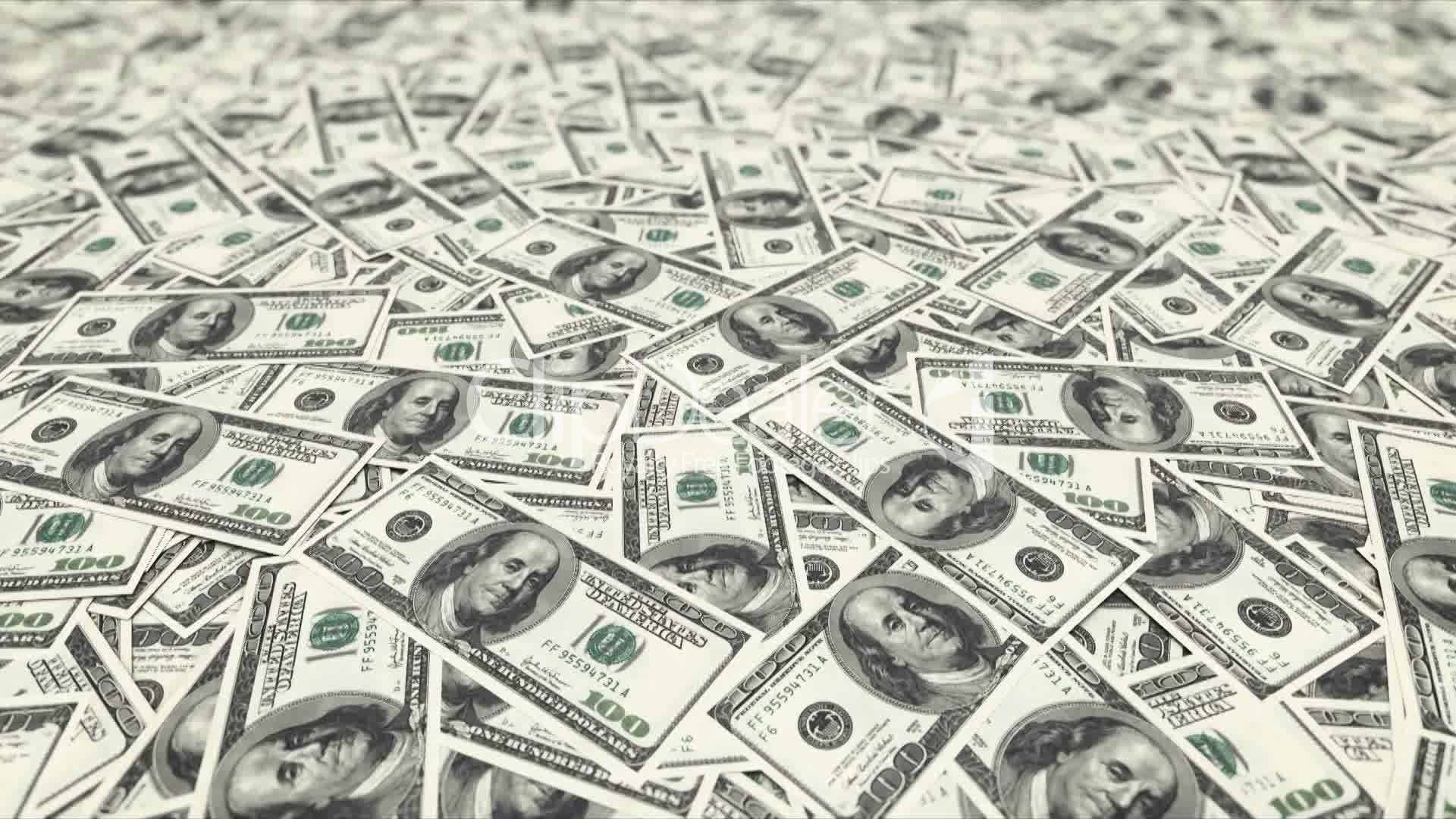

More in Editorial
-


Editorial
Best Places to Party in Las Vegas
Las Vegas is home to the most sprawling party scene in the United States. Some even...
-


Editorial
Don’t have a booking agent? No Problem! Here are 5 startups that will help you book your next gig!
Booking a gig by yourself is very hard especially when you are just starting out. Here are...
-


Editorial
Top 5 Best VST Plugins of 2017
Number 5 – Absynth 5 ABSYNTH 5 comes at our 5th place because it is one...
-


Editorial
Spinnin’ Records’ June Writing Camp Recap
For those of you who have yet to hear of Spinnin’ Records’ Writing Camp, you’re in...
-


Editorial
Cash Cash & Tritonal Untouchable Tour Confirms New Dates
The long-awaited joint North American tour featuring Texan duo Tritonal and New Jersey trio Cash Cash...
-


Editorial
DADA LIFE official remix package for “ONE LAST NIGHT ON EARTH” – Our thoughts
Swedish duo, Dada Life, comprised of masterminds Olle Cornéer and Stefan Engblom, have been sweeping the...
-


Editorial
Armin van Buuren to Premiere New Collaboration at Tomorrowland 2015
Tomorrowland is always an exuberant event filled with the best and brightest in the EDM scene,...
-


Editorial
Electric ZOO Announces Awakenings Stage For NYC Fest
Almost anyone who’s active in the European dance music scene has already hit up the legendary...
-


Editorial
EDC is on its way to japan 2016!
From vegas to sao paulo from Puerto Rico to new york EDC is literally everywhere satisfying...
-


Editorial
Playlist #004: Groove Cartel
Recently in the EDM world, there has been a resurgence towards Groove music, and because at...









